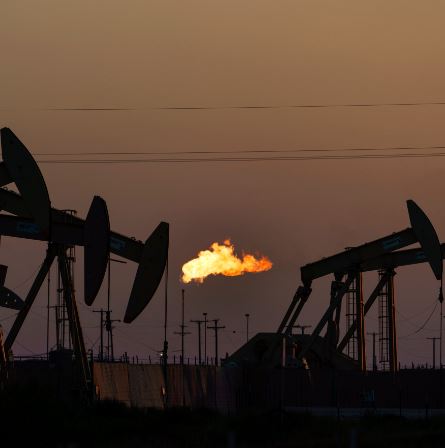US Proposes Methane Emission Fee on Big Oil and Gas Producers

In a groundbreaking move, the United States has proposed a fee on methane emissions from large oil and gas producers. This initiative, required under the 2022 climate law, represents a significant step in the country’s efforts to combat climate change.
The Proposal: Targeting Methane Emissions
The proposed fee is part of a wider regulatory framework aimed at reducing methane emissions, a potent greenhouse gas. The focus on methane comes from its high impact on global warming, significantly more potent than carbon dioxide in the short term.
Background: Methane’s Environmental Impact
Methane is a major contributor to climate change, with a significant portion coming from the oil and gas industry. Its reduction is seen as a crucial step in meeting global climate goals.
Industry Reaction: A Mixed Response
The proposal has elicited mixed reactions from the oil and gas industry. While some companies have already started reducing methane emissions, others are concerned about the financial impact of the proposed fee.
Implications for Climate Policy
This initiative is a part of the U.S. government’s broader strategy to tackle climate change. It demonstrates a commitment to enforcing the 2022 climate law and signals a shift towards more stringent environmental regulations.
Global Context: Leadership in Climate Action
The U.S. methane fee proposal could set a precedent for other countries, reinforcing the country’s role as a leader in global climate action. It aligns with international efforts to curb greenhouse gas emissions under agreements like the Paris Climate Accord.
Balancing Environmental Goals and Economic Realities
The proposal to impose a methane emission fee on big oil and gas producers is a critical step in the fight against climate change. However, it also presents challenges in balancing environmental goals with economic realities, especially in the energy sector.





